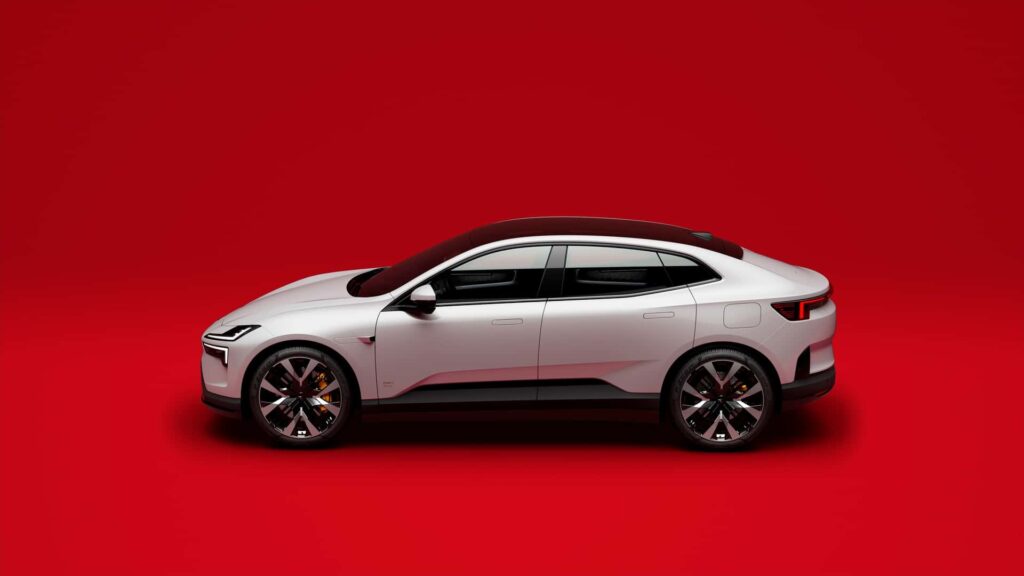Polestar, the electric startup, is making strategic changes to its sales operations in China. The brand has decided to reduce its sales footprint in China by two-thirds, indicating a shift in focus towards other markets. China, which accounted for just 7% of Polestar’s sales in 2024, is no longer a priority for the automaker.
According to reports, Polestar has downsized from 36 stores to just 10 in China and has started to wind down its joint sales operation in the country. This move comes after rumors of restructuring in China, which the company had previously denied. While Polestar’s CEO, Michael Lohscheller, maintains that the brand has not abandoned China, it is clear that the competition in the Chinese EV market is intense.
In 2024, Polestar sold only 3,120 cars in China, a small number compared to the total sales of New Energy Vehicles in the country. Local brands like BYD, Geely, Li, Xpeng, and Xiaomi dominate the EV market in China, offering faster and cheaper alternatives with localized tech features. This tough competition, coupled with challenges like tariffs and slowing sales, has prompted Polestar to shift its focus to other regions.
Despite the challenges in China, Polestar experienced a 76% increase in global sales in the first quarter of 2025. With China representing a small portion of its sales, the brand is now looking to expand its presence in European countries like the UK and France. Additionally, Polestar has identified growth opportunities in the US, where it aims to increase its sales network by tapping into the existing Volvo dealer network.
Moving forward, Polestar will need to strengthen its presence in Europe and the US to make up for the lost sales volume in China. The brand will focus on promoting models like the Polestar 3 and Polestar 4 globally and differentiating itself from competitors like Volvo, Cadillac, and Tesla. By expanding its footprint in promising markets and redefining its brand identity, Polestar aims to secure its position in the competitive EV industry.

